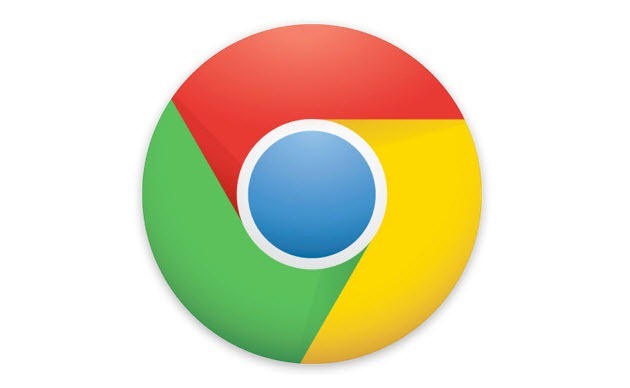Google Plans Chrome Transition to HTML5 by Default; Changing Flash Behavior
In a move similar to that made by Microsoft last year with its new Edge browser, Google will soon turn off Flash by default in its Chrome browser but have options in the browser itself for permission based access.

It appears Google is taking their Chrome browser down a very similar path as Microsoft has for their new Edge browser when it comes to Flash usage.
When Microsoft initially released the early preview versions of their Edge browser last year it had Flash turned off by default but the software was integrated into the browser instead of dependent upon a separate install from Adobe.
Under Google's plans for Chrome, called HTML by Default according to a Google Group for Chromium developers posting from last week, they plan to to change the default responses to prompts within the browser when Flash content is encountered.
The end user will get a prompt to enable Flash for that specific domain and that choice will be remembered for future site visits. If a site has already made the shift to HTML5 then that site will of course use that as its default implementation.
Google plans to include 10 websites that are currently in the top 10 list of sites which use Flash, based on Google's own own internal Chrome statistical data, and they include the following:
YouTube.com
Facebook.com
Yahoo.com
VK.com
Live.com
Yandex.ru
OK.ru
Twitch.tv
Amazon.com
Mail.ru
This whitelist of sites will be managed by Google and changes will be considered as usage of Flash on these top sites shifts to other technologies such as HTML5. They plan to expire this whitelist after 12 months following its implementation later this year.
For enterprise users, policy controls will be added so that defaults can be set for their users including completely disabling the new feature.
This is another positive step towards ridding the Internet of Flash and moving onto safer and less intrusive options for rich content display on the web.
But, wait...there's probably more so be sure to follow me on Twitter and Google+.
----------
Looking for an awesome, no-nonsense technical conference for IT Pros, Devs, and Devops? Check out IT/Dev Connections!

Read more about:
Alphabet Inc.About the Author
You May Also Like
.jpg?width=100&auto=webp&quality=80&disable=upscale)
.jpg?width=400&auto=webp&quality=80&disable=upscale)






.jpg?width=700&auto=webp&quality=80&disable=upscale)
